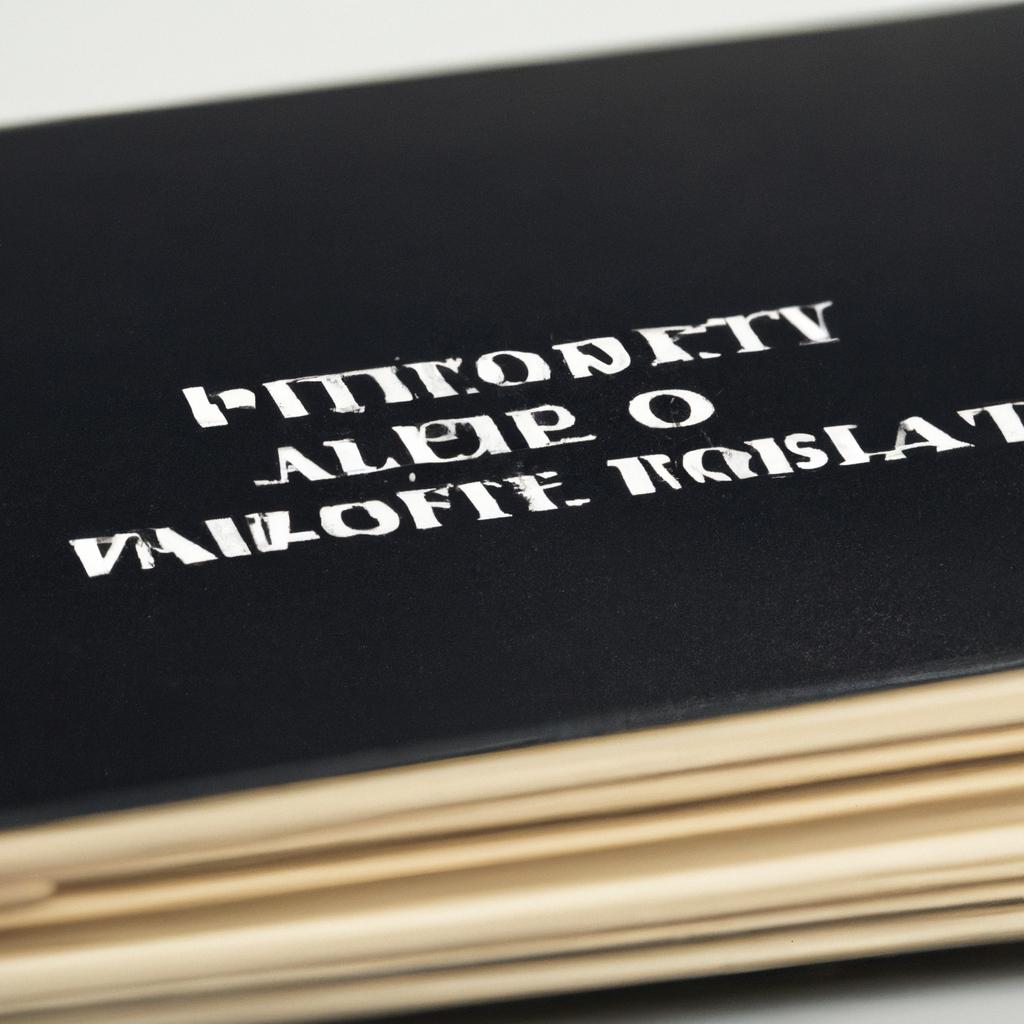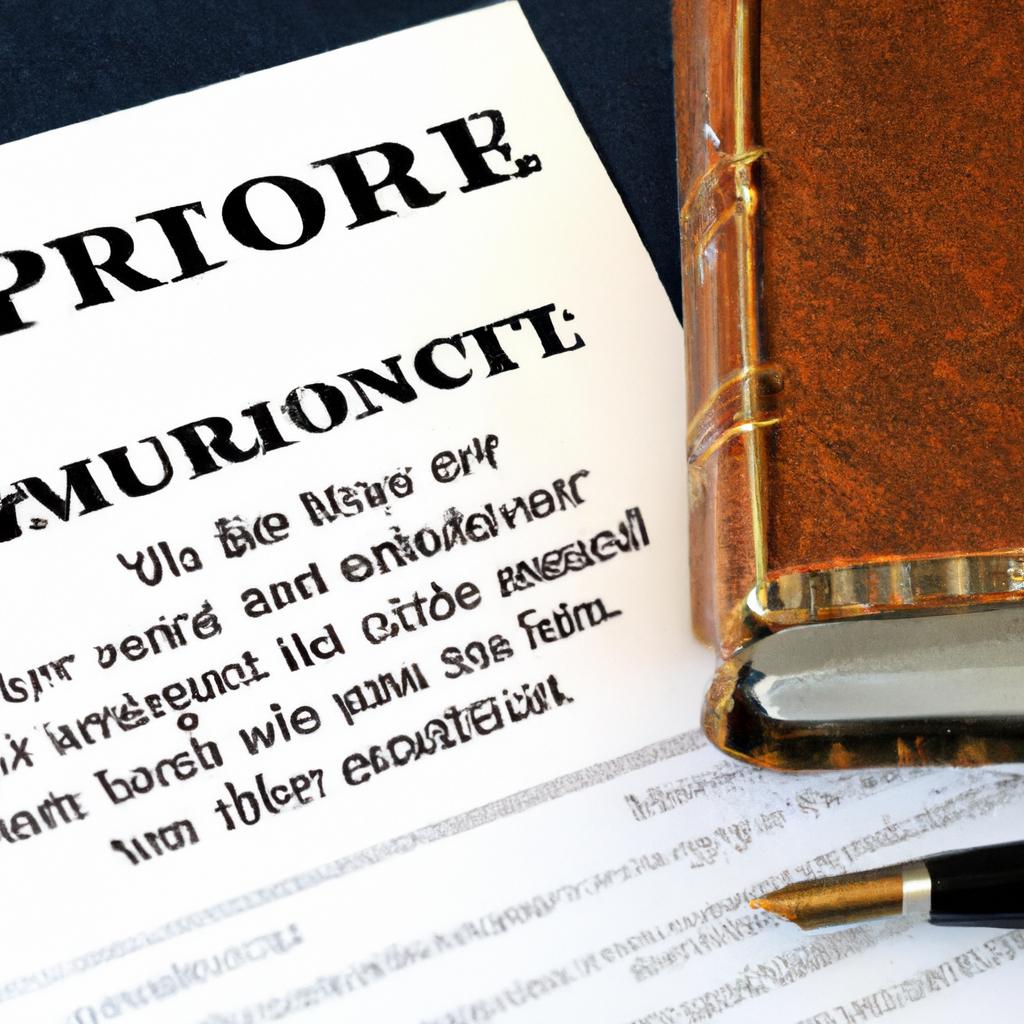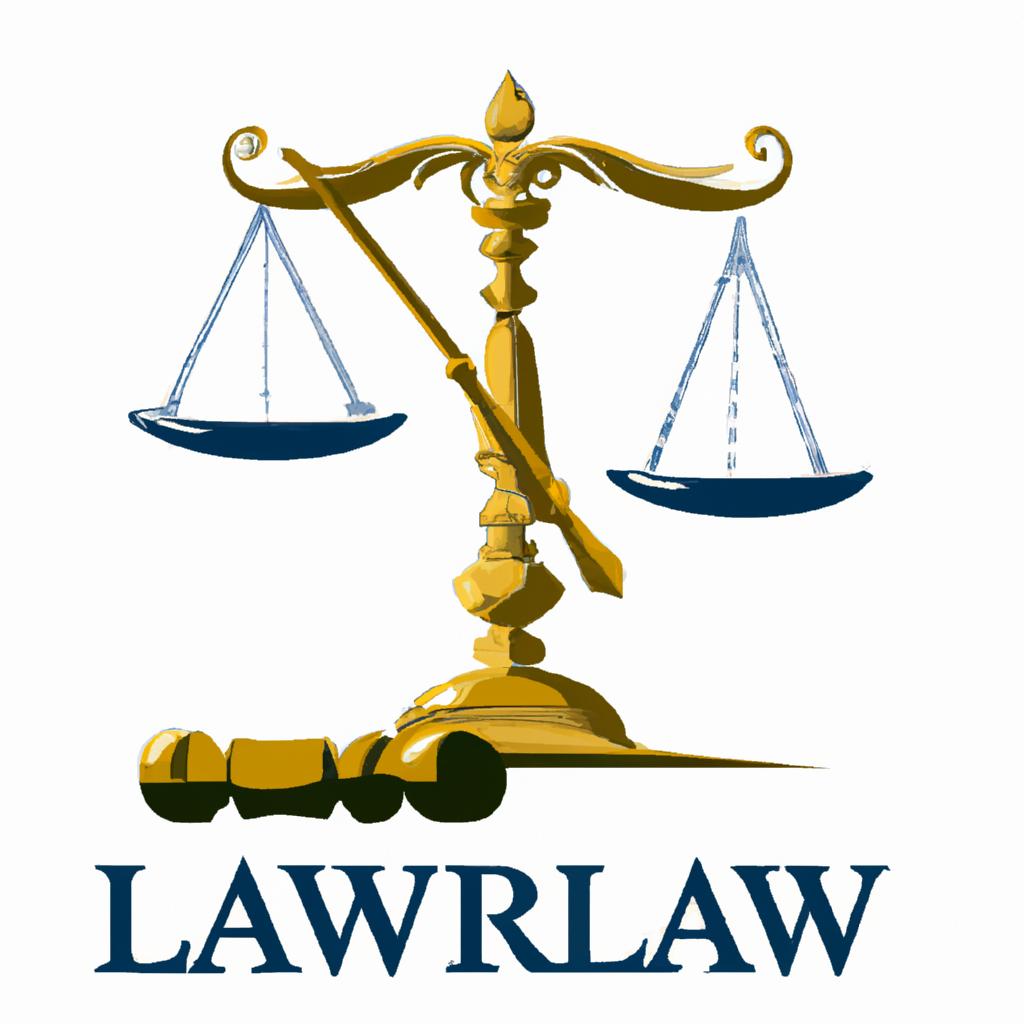Probate records, the legal documentation of a deceased individual’s assets and liabilities, are a crucial component of the probate process. As seasoned attorneys specializing in estate planning and probate matters, we at Morgan Legal Group understand the importance of clarity and transparency in navigating these sensitive proceedings. In this article, we delve into the question: are probate records public? Join us as we unravel the complexities surrounding this topic and shed light on the implications for individuals and families involved in the probate process.
Understanding the Availability of Probate Records in New York State
Probate records in New York State are indeed public, meaning that anyone can access them. These records are typically kept by the Surrogate’s Court in the county where the deceased individual lived at the time of their passing. It is important to note that while probate records are public, not all information contained within them may be easily accessible to the general public.
When searching for probate records in New York State, it is crucial to keep in mind that certain documents may contain sensitive information that is protected by privacy laws. Additionally, some records may not be easily accessible online and may require a visit to the Surrogate’s Court in person. If you are in need of assistance navigating probate records in New York State, our experienced team at Morgan Legal Group is here to help guide you through the process.

Factors Impacting the Accessibility of Probate Records to the Public
Probate records are a crucial aspect of estate planning and administration, providing valuable information on the assets, debts, and distribution of an individual’s estate after their passing. However, the accessibility of these records to the public can be impacted by various factors, influencing the level of transparency and accountability in the probate process. Understanding these factors is essential for individuals seeking to access probate records and gain insight into the handling of an estate.
<ul>
<li><strong>State Laws:</strong> The accessibility of probate records is governed by state laws, with some states allowing unrestricted public access to these records while others impose restrictions on who can obtain them. It is important to be aware of the laws in your state regarding probate record accessibility.</li>
<li><strong>Court Policies:</strong> The policies of individual probate courts also play a role in determining the availability of probate records to the public. Some courts may have strict guidelines on who can access these records and for what purposes, while others may have more lenient policies.</li>
</ul>

Importance of Safeguarding Personal Information in Probate Records
When it comes to probate records, it is crucial to understand the importance of safeguarding personal information for all parties involved. Probate records can contain sensitive details about the deceased individual, beneficiaries, and assets, making them particularly vulnerable to identity theft and fraud. Ensuring the protection of this information is not only a legal requirement but also an ethical obligation to uphold the privacy rights of those mentioned in the records.
One must remember that probate records are typically considered public documents, meaning that they are accessible to anyone who wishes to view them. This accessibility underscores the necessity of taking proactive steps to safeguard personal information within these records. By employing encryption measures, limiting access to authorized personnel only, and redacting sensitive details, individuals can mitigate the risk of identity theft and maintain the integrity of probate proceedings.

Best Practices for Navigating Probate Records for Legal Purposes
When it comes to navigating probate records for legal purposes, it is important to understand the accessibility of such records. Probate records are indeed public, meaning that they can be accessed by anyone who is interested. These records are typically kept at the courthouse where the probate proceedings took place and can be viewed by the public upon request.
However, it is important to note that while probate records are public, certain information may be redacted or restricted due to privacy concerns. As such, it is crucial to follow best practices when navigating probate records for legal purposes. Here are some tips to help you navigate probate records effectively:
- Verify the location of the probate records before attempting to access them.
- Make sure to review any restrictions or redactions that may be in place.
- Seek guidance from a legal professional if you are unsure of how to interpret the information found in probate records.
Q&A
Q: Are probate records public?
A: Yes, probate records are typically public documents that are available for viewing by anyone.
Q: What information can be found in probate records?
A: Probate records often contain information about a deceased person’s assets, debts, and distribution of their estate.
Q: How can someone access probate records?
A: Probate records can usually be accessed through the courthouse where the probate proceedings took place or through online databases.
Q: Are there any privacy concerns with probate records being public?
A: Some individuals may have privacy concerns about their personal financial information being publicly available in probate records.
Q: What are the benefits of probate records being public?
A: Public access to probate records can provide transparency and accountability in the probate process, as well as help individuals track down lost assets or verify inheritance claims.
The Conclusion
In conclusion, probate records can be a valuable resource for those seeking to understand the distribution of an individual’s estate after their passing. While the rules regarding access to probate records vary by jurisdiction, it is important to be aware of the potential privacy concerns and legal limitations surrounding these documents. Whether you are a genealogist researching your family history or a curious citizen exploring the legal process of administering an estate, probate records offer a unique glimpse into the lives and legacies of those who have come before us. So next time you find yourself wondering, “are probate records public?” remember that the answer may not be a simple yes or no, but rather a nuanced exploration of legalities and tradition.
 The death of a loved one is a difficult and emotional time for anyone. Along with the grief and sadness, there are also practical matters that need to be addressed, such as settling the estate and distributing assets. This process is known as probate, and it can involve legal proceedings and documentation. Many people may wonder if these probate records are public and accessible to anyone. In this article, we will delve into the topic of whether probate records are public and what this means for individuals and families.
The death of a loved one is a difficult and emotional time for anyone. Along with the grief and sadness, there are also practical matters that need to be addressed, such as settling the estate and distributing assets. This process is known as probate, and it can involve legal proceedings and documentation. Many people may wonder if these probate records are public and accessible to anyone. In this article, we will delve into the topic of whether probate records are public and what this means for individuals and families.
What are Probate Records?
Probate refers to the legal process of distributing a person’s assets and property after their death. The purpose of probate is to ensure that the deceased’s wishes are carried out and that any debts or expenses are paid off. This process is overseen by the court and involves collecting and managing the deceased’s assets, paying any outstanding debts, and distributing the remaining assets to the beneficiaries.
Probate records are the legal documents that are filed during the probate process. These records can include a variety of information, such as the deceased’s will, a list of their assets, and any debts or expenses that need to be paid off. It also includes information about the court proceedings and decisions made regarding the estate.
Are Probate Records Public?
The answer to this question is not a simple yes or no. Depending on where you live, probate records may or may not be public. In general, probate records are considered a matter of public record, which means that they can be accessed by anyone. However, there are some exceptions to this rule, which we will explore further.
States with more restrictive laws may not consider probate records to be public and may limit access to them. In these cases, only those directly involved in the probate process, such as beneficiaries and creditors, may have access to the records. Other states may only allow access to certain parts of the probate records, such as the deceased’s will or the inventory of assets.
In some cases, a court order may be required to view probate records, especially if they involve sensitive information or high-profile cases. For example, in a high-profile estate dispute, the court may limit access to the records to protect the privacy and security of those involved.
Benefits of Accessing Probate Records
If probate records are public in your state, there can be several benefits to accessing them. These records can provide valuable information and insight into a person’s assets, debts, and final wishes. Here are some of the potential benefits of accessing probate records:
– Clearing up any confusion: Probate records can help clear up any ambiguity or disputes over the deceased’s will or assets. This can help avoid potential conflicts among family members or beneficiaries.
– Identifying potential debts or creditors: Accessing probate records can help identify any outstanding debts or creditors that may need to be paid off from the deceased’s estate. This can prevent any surprises or unexpected expenses in the future.
– Tracking the progress of the probate process: Probate records can also provide information on the progress of the probate process, including any court actions or decisions made. This can help beneficiaries stay informed and have a better understanding of what to expect during the process.
Practical Tips for Accessing Probate Records
If you are interested in accessing probate records, there are a few practical tips you can follow:
– Check your state’s laws: As mentioned earlier, probate laws can vary from state to state. It’s essential to understand your state’s specific laws and regulations regarding probate and accessing probate records.
– Contact the court or probate office: If you have a legal interest in the deceased’s estate, you can contact the court or probate office and request access to the records. You may be required to provide proof of your legal interest and pay a fee for the copies of the documents.
– Consider hiring a professional: In some cases, accessing probate records may be necessary for legal or financial purposes. In these instances, it may be beneficial to hire a lawyer or other professional who has experience in probate matters.
In conclusion, probate records can be an essential source of information and guidance during the probate process. While they may not be accessible to everyone, those with legal or personal interest in the estate may be able to access them. It’s crucial to understand your state’s laws and regulations regarding probate records and follow proper procedures for accessing them. With the right information and approach, probate records can help make the process smoother and more transparent for all involved.

